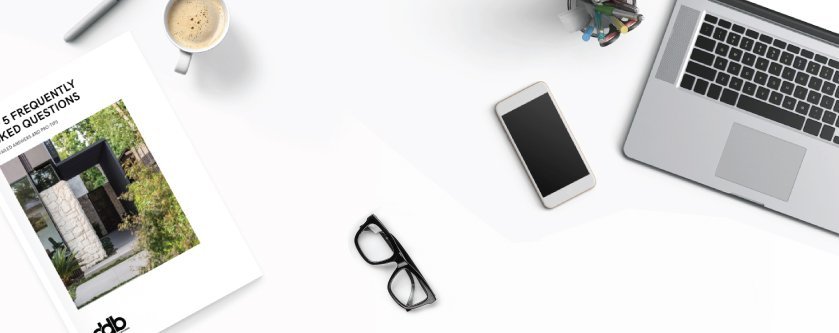
EMAIL #143 - 31ST OCTOBER 2021 - "THE REAL COST OF CONVENIENCE"
Happy Cup Day long weekend!
Someone recently asked me "How do you come up with topics to write about each week?" Good question: but basically, I have a bit of a system. In summary, I keep a list of possible email topics which originate from blogs I regularly read, books I'm reading or podcasts I listen to. If a topic or title sparks my interest, I put it on the list. In addition, I keep a journal of quotes that I like (my journal currently has 363 quotes to which I add 3 or 4 each week). I generally have 3 or 4 email topics planned out in advance, but If I need some inspiration, I start by going through my "topics list" until I find one that feels right, then I find some quotes to marry up with the particular title or topic. This forms the outline for the new email. PS: my "topics list" currently has 51 titles on it, so for good or for bad I'm not about to run out of things to write about anytime soon! Thanks for asking...
The inspiration for this week's email, came from a blog article written by Shane Parish, titled "What Seems Expensive is Often Cheap in The Long Run" which aligns with my core beliefs about what and why and how we purchase/consume things. Maryanne and I have a philosophy about making significant purchases that is, "buy the best xxxx you can possibly afford so that you can enjoy using it for a lifetime". For example, 30 years ago we purchased a B & B Italia sofa, which we still love and are we are currently re-upholstering for the second time. Although this sofa was very expensive when we purchased it, we have already had 30 years of enjoyment/use and with the current update, our love of this sofa will continue for another 30 years. This purchasing philosophy is true for the majority of the furniture and home wares we own. We have changed houses multiple times over the years but have hardly ever needed to change our furniture.
"Often when we make a decision to buy something we don't use all the relevant available information." Shane parish
Buying a B & B Italia sofa is in no way convenient. Other than the $$$ there is only one shop you can purchase it from in Melbourne, they do not discount at all, you have to choose the fabric from a little sample swatch and then have to wait 4 to 6 months for the sofa to arrive from Italy. The other alternative that is incredibly convenient is to purchase a sofa from Freedom or Ikea et al, which is very affordable, immediately available and if you don't like it in a few years, you can get rid of it and buy a new one. This is what is called "Fast Furniture", and like "Fast Fashion" & "Fast Food,” it's all about convenience. But convenience always has a price.
"Fast food is so popular because it's convenient, it's cheap, and it tastes good. But the real cost of eating fast food never appears on the menu." Unknown
Clearly there is a big difference between buying a burger and buying a sofa, but I believe the underlying principles and philosophy are the same. Fast, cheap, fashionable, and convenient products are almost always bad for your health, bad for the environment, and long term bad for our culture. To drive this point home, let's take a deep dive into some of the negative aspects of Fast Furniture.
- Fast furniture has become an essential part of modern life in most western countries.
- Furniture has become more like fashion and there is considerable pressure to keep up with the latest furniture trends, like modular sofas, trendy floor lamps and indoor plants.
- It's all designed to be disposable and only has a life span of a few years.
- A lot of the materials used to manufacture fast furniture are toxic to the environment, such as the formaldehyde used in chip board.
- It is extremely wasteful. For example, Ikea has produced 60 million Billy bock cases in the last 20 years and the vast majority of these are now in landfill.
- Not all that convenient after all??
I experienced an interesting counterpoint to Fast Furniture a few years ago whilst spending some time in Italy. I noticed that the format and construction of most Italian kitchens is very different to ours. Italian kitchens are very modular in design and layout and all cupboards are only 2100mm high. This is because in Italy, when you sell your house or apartment you take the kitchen with you. It is quite normal to relocate an Italian kitchen 3 or 4 times and even to hand down a kitchen to the next generation. I find this philosophy and tradition very enlightening, and it makes a whole lot of sense on many levels. We could all learn a thing or two and benefit from the Italian's attitude to fast furniture and fast food.
I will continue to explore Fast Culture in next week's email and shed some light on our obsession with cheap prices.
Until then, thanks for reading,
Stay safe and shy away from convenience.
David
